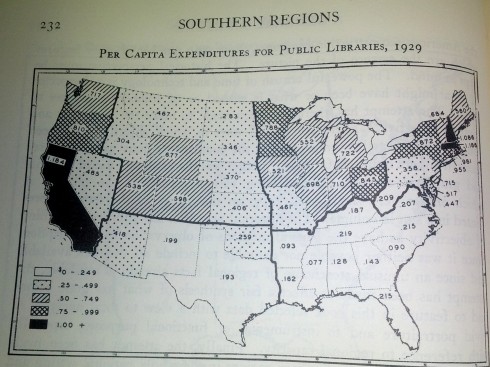Why We Worry / History
It’s tempting for the Left to liken modern southern conservatives to Confederates and to explain their ideology as being the product of bigotry and “useful idiocy.” However, the politics of minimizing the government’s role in the economy and dragging against cultural change has origins that pre-date Fort Sumter.
In his book, “The Mind of the South,” historian W.J. Cash revisits the early southeast colonies and follows their development through to his day (1900-1941). From his research, Cash produces a profile of a typical man living in the early South. Of Scotch-Irish descent, he has fled war and pestilence back home to become a pioneer farmer in the New World. He is part of a thin settler population spread across a vast unfamiliar geography. He does not live in a Jamestown-like settlement; more likely, he works on a plantation or runs his own farm in the backwoods. Cash notes that the typical southern man is “reared to outdoor activity” and subsists directly from the land. Socially, he’s valued above the slave population and below the southern gentry and northern elites. According to Cash, there was relative parity among the settlers, though time proved to be a differentiator.
The early southern man is remarkably disconnected from civilization. All of his relatives live across the Atlantic, his neighbors are spread out, his plantation is a self-contained world and he’s under the occasional authority of a fledgling government. In his own realm, he rules over his wife, his children and any slaves he owns. Economically and politically, his defining trait is his self-sufficiency.
Feeling self-sufficient engenders certain attitudes. Cash writes:
“More and more, as time went on, he would come to front the world from his borders like a Gael chieftain from his rock-ringed glen, wholly content with his autonomy and jealously guardful that nothing should encroach upon it.”
The southern man needed a government strong enough to protect his ownership, but he opposed growing its arms much longer. From the first generations in North America up until the American Revolution, southerners resisted paying taxes and were leery of centralized authority over their new worlds.
If we take Cash’s “typical southern man” and fast forward him through time, he steadily loses stature. He is left back during westward expansion. He is devastated in the Civil War. One by one his economic pillars — cotton, tobacco, manufacturing — crumble. The harsh dominance he held in gender and race subsides. At one time, he lived in isolation and lorded over his own small realm. Now he is integrated with the government, the infrastructure, the popular culture, and depends on an international economic system. He still looks leerily at authority, especially at Washington, but now what he desires is not to protect the life that he has, but rather to recapture the self-sufficiency he once had.











